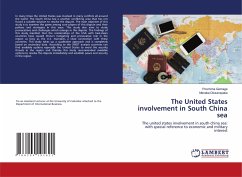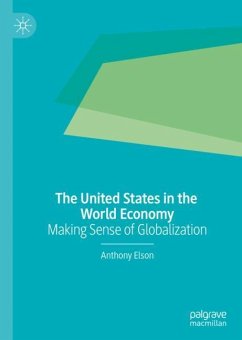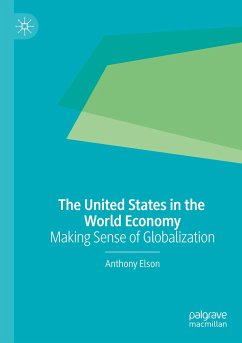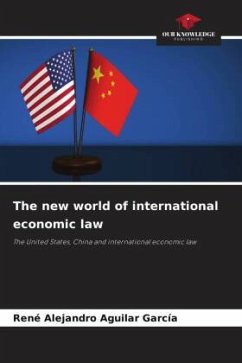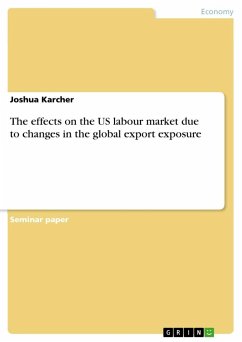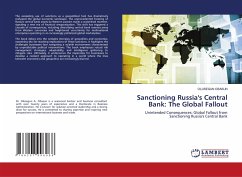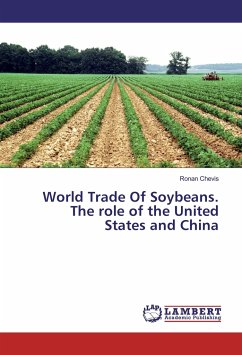
World Trade Of Soybeans. The role of the United States and China
Versandkostenfrei!
Versandfertig in 6-10 Tagen
24,99 €
inkl. MwSt.

PAYBACK Punkte
12 °P sammeln!
"If China would import only 20% of its grain, it would represent about 80 million tons, an amount slightly less than the 90 million tons that the United States exports annually in the world. To import huge quantities of grain, China will therefore appeal to the United States. For U.S. consumers, this dependence of China on the U.S. grain market will cause higher food prices. This would not only increase the price of products made directly from grains such as bread, pasta and breakfast cereals, but also that of meat, milk and eggs. Countries are highly interdependent. China's trade surplus, all...
"If China would import only 20% of its grain, it would represent about 80 million tons, an amount slightly less than the 90 million tons that the United States exports annually in the world. To import huge quantities of grain, China will therefore appeal to the United States. For U.S. consumers, this dependence of China on the U.S. grain market will cause higher food prices. This would not only increase the price of products made directly from grains such as bread, pasta and breakfast cereals, but also that of meat, milk and eggs. Countries are highly interdependent. China's trade surplus, allows the country to accumulate foreign exchange reserves, half of which is invested in Treasury bills marketed by the U.S. government to finance its budget deficit. China is the primary holder of dollars, so it has an interest in what the dollar does not collapse. It now has nearly 1000 billion of these bonds: China is virtually the banker of the United States."



